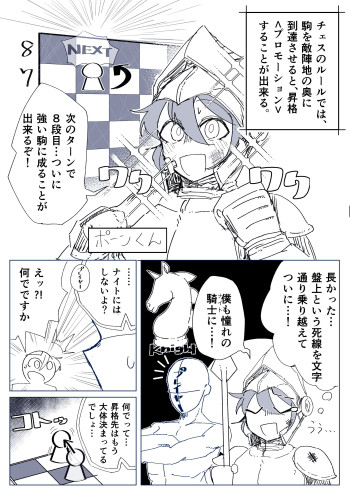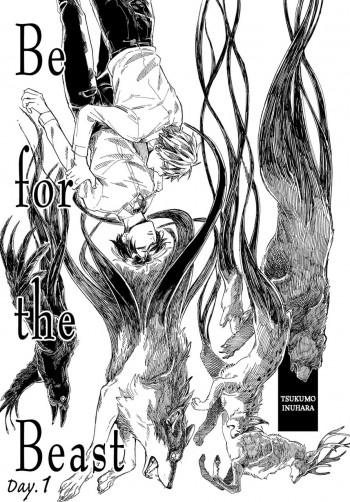Martial Peak Reviews
Lance Lansdale's Slay the Gay Away, Daddy is a provocative exploration of identity, desire, and the complex dynamics of friendship and love. At its core, the novel delves into the controversial and often painful subject of conversion therapy, a practice that has been widely criticized and condemned for its harmful effects on LGBTQ+ individuals. Through the lens of a deeply personal narrative, Lansdale crafts a story that is both unsettling and compelling, challenging readers to confront uncomfortable truths about societal norms and personal authenticity.
The protagonist, Miles Brooks, is a character who embodies the struggle between societal expectations and personal truth. Having undergone conversion therapy tactics imposed by his father, Miles represents the internalized conflict that many LGBTQ+ individuals face when pressured to conform to heteronormative standards. His character is a poignant reminder of the psychological scars that such practices can leave, and Lansdale does not shy away from depicting the raw and often painful journey towards self-acceptance.
Contrasting Miles is the narrator, an "open-minded twink" who finds himself entangled in a complex relationship with Miles. The narrator's voice is candid and unapologetic, providing a refreshing counterpoint to Miles's internalized struggles. Through his eyes, readers are introduced to the absurdity and inherent contradictions of conversion therapy, particularly the misguided belief that guided masturbation sessions could lead to a "heterosexual awakening." This element of the story is both darkly humorous and deeply tragic, highlighting the lengths to which individuals will go to deny their true selves.
The relationship between Miles and the narrator is fraught with tension and ambiguity. The novel explores themes of consent and agency, particularly in the context of Miles's use of sleeping pills, which induce a state of amnesia. This aspect of the story raises important ethical questions about autonomy and the boundaries of friendship and intimacy. The narrator's conflicted feelings—his desire for Miles and his awareness of the problematic nature of their interactions—add layers of complexity to the narrative, making it a thought-provoking read.
Lansdale's writing is both evocative and incisive, capturing the nuances of human emotion and the intricacies of interpersonal relationships. The novel's dialogue is sharp and often laced with irony, reflecting the characters' struggles to articulate their desires and fears. The use of humor, particularly in the narrator's observations, provides a necessary counterbalance to the darker themes, allowing readers to engage with the story on multiple levels.
In terms of character development, Lansdale excels in portraying the gradual evolution of both Miles and the narrator. As the story unfolds, readers witness Miles grappling with his past and the realization that his father's attempts to "cure" him were not only futile but damaging. This journey towards self-awareness is mirrored by the narrator's own growth, as he navigates his feelings for Miles and the moral implications of their relationship. The dynamic between the two characters is both tender and tumultuous, capturing the complexity of love and friendship in the face of societal judgment.
Comparatively, Slay the Gay Away, Daddy shares thematic similarities with other works that explore the impact of conversion therapy and the quest for self-acceptance. Novels like Garrard Conley's Boy Erased and Emily M. Danforth's The Miseducation of Cameron Post also tackle these issues, offering poignant insights into the struggles faced by LGBTQ+ individuals in environments that seek to suppress their identities. However, Lansdale's novel stands out for its bold narrative style and the unique perspective of its narrator, who brings a distinct voice to the conversation.
Overall, Slay the Gay Away, Daddy is a daring and thought-provoking novel that challenges readers to confront the realities of conversion therapy and the societal pressures that drive individuals to deny their true selves. Through its compelling characters and incisive prose, the book offers a powerful commentary on the importance of authenticity and the resilience of the human spirit. For readers seeking a story that is both emotionally resonant and intellectually engaging, Lansdale's novel is a must-read.
While the subject matter may be challenging for some, the novel's exploration of identity, desire, and the complexities of human relationships makes it a valuable addition to the canon of LGBTQ+ literature. It is a story that will linger in the minds of readers long after the final page is turned, prompting reflection and discussion on the nature of love, acceptance, and the courage to be oneself.
























Reviews 0
Post a Reviews: